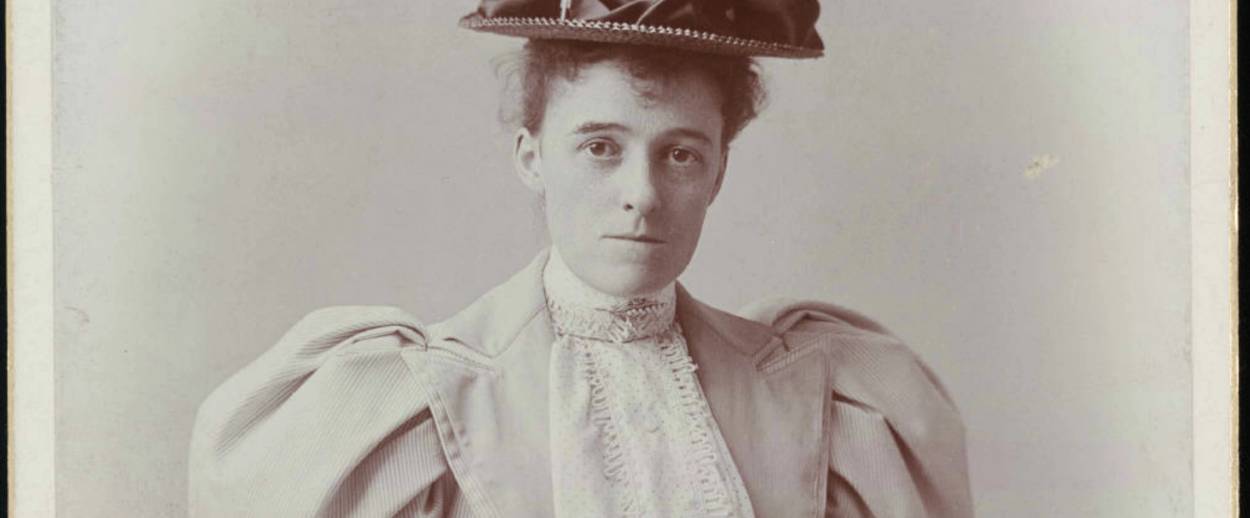What to Do About Edith Wharton’s Anti-Semitism
The first woman to win the Pulitzer Prize for fiction, born today in 1862, was also prone to fictions of a more pernicious sort




Today, January 24, is the birthday of Edith Wharton, the American Gilded Age writer and first woman to win the Pulitzer Prize for fiction, who passed away in 1937. Though she is probably most famous for her portrayal of New York City elite society, Wharton also wrote about people from diverse social classes in the Berkshires, where her summer mansion still stands as an informative and entertaining beacon to her legacy. (I’m biased: I worked there for a summer.) A close friend of Henry James, Wharton wrote with similar psychological insight, social critique, and descriptive authority. And also like James, along with many other American writers of the period, Wharton was not particularly known for her tolerance of Jews.
In The House of Mirth, the protagonist, Lily Bart, is pursued by a wealthy Jewish financier named Simon Rosedale. Rosedale is described in unflattering terms as “a plump rosy man of the blond Jewish type, with smart London clothes fitting him like upholstery, and small sidelong eyes which gave him the air of appraising people as if they were bric-a-brac.” Needless to say, Lily is not interested.
Apparently, this “air of appraising people” is just a natural result of his Jewishness:
If she had had the presence of mind to let Rosedale drive her to the station, the concession might have purchased his silence. He had his race’s accuracy in the appraisal of values, and to be seen walking down the platform at the crowded afternoon hour in the company of Miss Lily Bart would have been money in his pocket, as he might himself have phrased it. He knew, of course, that there would be a large house-party at Bellomont, and the possibility of being taken for one of Mrs. Trenor’s guests was doubtless included in his calculations. Mr. Rosedale was still at a stage in his social ascent when it was of importance to produce such impressions.
The danger of the anti-Semitism in this 1905 portrayal of Rosedale as calculating, money-obsessed, and greedy hardly needs to be outlined further. It is difficult, when you are an Edith Wharton lover as I am, to look past this anti-Semitism. And it is dangerous, in this political moment as much as any, to write off discrimination as simply an idiosyncratic product of the times. So what is a classic American literature-loving Jew to do?
Some Jewish writers have offered an answer: Novelist Lev Raphael wrote a retelling of The House of Mirth from Rosedale’s perspective called Rosedale in Love. Francesca Segal reclaims Wharton for the Jews in The Innocents, a British Jewish take on Wharton’s Pulitzer-winning novel The Age of Innocence. Segal’s novel, reviewed by Rachel Shukert in Tablet, won the 2013 Sami Rohr Prize for Jewish Literature and the 2013 National Jewish Book Award.
At the very least, as we mark this latest milestone for Wharton, we’d do well to mark the less-savvy aspects of her legacy, learning from the bad as well as the good.
Related: Jewish London’s Gilded Cage
Miranda Cooper is an editorial intern at Tablet. Follow her on Twitter here.